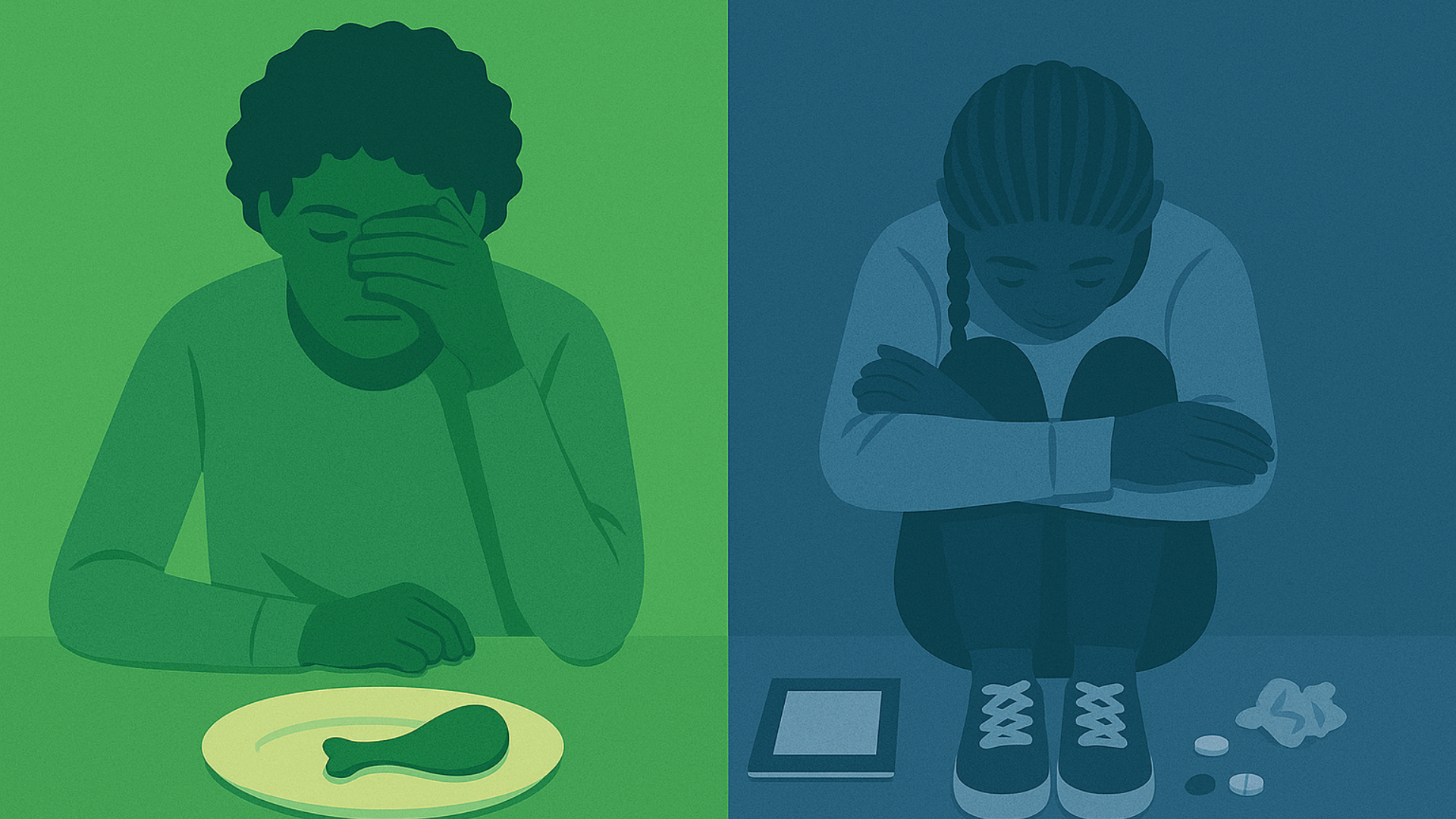Withering Relationships: Reviving the Connection or Peacefully Parting Ways

By Thrive Reno Therapist Brett Glanzmann, MFT
THREE INDICATORS OF AN UNHEALTHY RELATIONSHIP
Healthy relationships flourish with independence, honesty, empathy, trust, compromise, and effort. However, just as no person is perfect, no relationship is entirely flawless either. Addressing harmful behaviors early on can keep them from ruining the relationship. Possessiveness, competitiveness, and contempt are strong indicators that a relationship is deteriorating.
Possessiveness
Within a relationship, partners should have the ability to maintain independent identities. This is called differentiation. Possessiveness doesn’t allow space for differentiation. Instead, possessiveness can be used to control a partner, overtake their sense of independence, and diminish their sense of self.
A possessive partner may:
- Attempt to control their partner’s time
- Constantly check in on their partner
- Control who their partner spends time with
- Exhibit extreme jealousy
- Move fast within the relationship, such as by saying, “I love you,” soon after just meeting
- Snoop through their partner’s texts, emails, or social media
Competitiveness
While friendly competition between partners can act as a fun and flirty diversion, excessive competitiveness occurs when partners don’t work like they’re on the same team. Extreme competitiveness can cause partners to experience low self-esteem and place relationships in jeopardy.
Excessive competitiveness may be expressed as:
- Engaging in fights that don’t involve listening to each other, but are solely focused on being right for the sake of “winning”
- Taking opportunities to belittle, criticize, demean, or blame one’s partner
- Inability to compromise
- Resenting one’s partner’s successes
- Avoiding being vulnerable with one’s partner
- Frequently using ultimatums to manipulate one’s partner
Contempt
The Gottman Institute , a research-based relationship resource, maintains that contempt is one of the strongest indicators of an unhealthy relationship. Contempt is characterized by a long-simmering disgust not only for a partner’s behavior but their very existence.
Contempt may be expressed as:
- Condescension, or feeling superior to one’s partner
- Hostile humor, such as using sarcasm, mocking, or mimicking one’s partner
- Disrespectful non-verbal cues, such as eye-rolling or sneering
RELATIONSHIP CHECK-INS
When destructive behaviors are swept under the rug, they can provoke feelings of resentment and become detrimental to relationships. A weekly relationship check-in can keep unhealthy behaviors at bay by encouraging partners to engage in productive communication.
To mitigate any nerves and foster insightful conversations, relationship check-ins should be:
- Welcoming: Relationships check-ins don’t need to be formal, tense, or intimidating. Instead, they should provide casual opportunities for partners to express themselves honestly without fear of judgment.
- Comfortable: Partners should choose a mutually convenient time and place that invites them to focus on the conversation in a calm environment with limited distractions.
- Affirming: Partners should approach the conversations with the intent to engage in active listening, empathy, and affirmation.
By creating space for regular, constructive communication, relationship check-ins can help partners feel understood and cultivate deeper connections.
WHEN TO CONSIDER COUPLES THERAPY
If facing certain relationship difficulties, couples may want to attend therapy to work through their differences.
This may be the case if:
Productive communication seems impossible.
When couples are unable to effectively and safely communicate about their relationship problems, they should seek professional support. If partners stonewall conversations about undesirable behaviors or overreact when attempting to address conflicts, a relationship therapist can help couples navigate difficult topics and facilitate positive and productive conversation.
Partners feel stuck in a negative cycle.
If couples feel stuck in a negative cycle of toxic behaviors, they should consider couples therapy. In a negative cycle, one partner’s unhealthy behavior triggers an adverse behavior in the other partner, which amplifies the original action and so on. The catastrophic cycle endures and can spiral out of control. An unbiased professional can help couples replace negative routines with healthy habits rooted in love and respect.
ENDING A RELATIONSHIP PEACEFULLY
If partners refuse to dedicate the necessary effort to mend the relationship or are unable to empathize with each other despite their attempts, they may want to consider concluding their relationship.
Most don’t enter into relationships lightly. Instead, it’s more common for individuals to thoughtfully consider how to join lives with a partner. A similarly thoughtful approach can be beneficial for parting ways.
Conscious uncoupling is a peaceful relationship-ending strategy designated by Katherine Woodward Thomas, LMFT and further popularized by Esther Perel, LMFT . While conscious uncoupling is best mediated by trained therapists, partners can consciously uncouple by kindly saying goodbye, offering well-wishes, revealing lessons learned, and sharing meaningful memories.
By allowing individuals to move on with their lives without harboring any resentment, conscience uncoupling can offer amicable endings and beautiful new beginnings for each person involved.
NURTURE YOUR RELATIONSHIP AT THRIVE
At Thrive, couples can address relationship complications, strengthen their communication skills, develop a deeper understanding of each other, and foster empathy and compassion. For more information about Thrive’s couples therapy , reach out .
About the Author
Thrive Reno Therapist Brett Glanzmann, MFT
Brett Glanzmann, MFT, earned his master’s degree in counseling from the University of Nevada, Reno. He offers individual, couples, and family therapy, believing that people possess the resources required to maximize their quality of life. Brett has a specific passion for helping all types of couples rediscover their unique connection while growing in their communication skills. He enjoys helping his clients pursue meaning in their everyday lives, removing the obstacles that hinder growth and thriving. Brett also enjoys inclusive, faith-based counseling, having over 20 years of pastoral counseling experience in the Truckee Meadows.
The post Withering Relationships: Reviving the Connection or Peacefully Parting Ways first appeared on Thrive Wellness.








